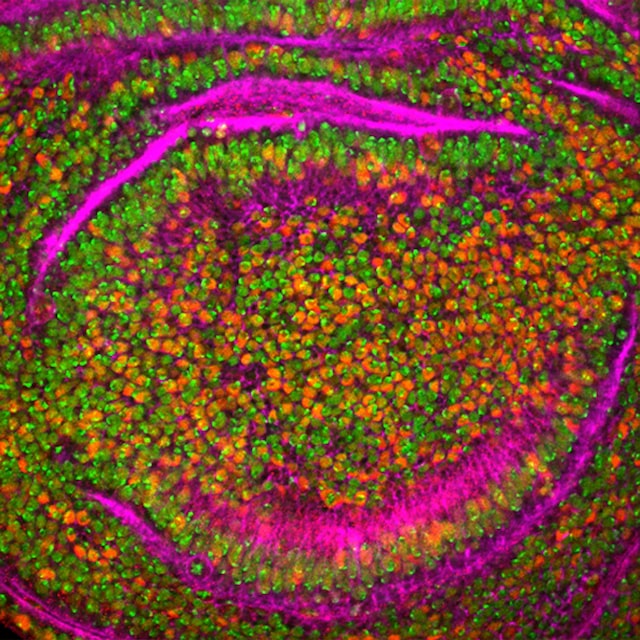Kidney cancer, also referred to as renal cancer, impacts kidney function and presents painful symptoms. It is one of the 10 most common cancers in both men and women. Kidney cancer is more common in adults over the age of 50, and it can spread to other parts of the body if left untreated. Knowing the signs and symptoms can help people catch kidney cancer early when it’s easier to treat.
Kidney Cancer Symptoms
The most common symptom of kidney cancer is blood in the urine, although this may not always be visible. Other signs include pain or discomfort around the back or lower abdomen, unintentional weight loss, anemia, fatigue, fever that doesn’t go away, lumpy swellings in one or both sides of the abdomen, unexplained coughing or shortness of breath, loss of appetite and nausea. It’s important to note that these symptoms could be caused by other illnesses as well so they should not be ignored if they persist for more than a few days.
Renal Cancer Treatments
Surgery is often used to remove any tumors or abnormal growths from the kidneys. This surgery may involve removing just part of a kidney (partial nephrectomy) or removing all or most of it (radical nephrectomy). In some cases where a patient has more than one tumor on their kidney(s), an entire kidney may have to be removed (nephrectomy). After surgery, radiation therapy may also be recommended if any remaining cells from tumors are too small to be seen during surgery. Additionally, chemotherapy injections may also be prescribed if there are any remaining cells in other parts of the body after surgery.
General Prognosis
The prognosis for kidney cancer varies based on how advanced it is at diagnosis and how successful treatment has been at eliminating all traces of cancer cells throughout the body. The earlier doctors identify and diagnose kidney cancer before it has spread outside the kidneys. In cases where the cancer is identified early, patients tend to have better chances for recovery. Early discovery improves the effectiveness of treatments such as surgery compared to treatments needed for more advanced stages like chemotherapy when tumors have spread beyond just one organ system. Additionally, lifestyle factors such as exercise and healthy eating habits can contribute positively towards better prognosis outcomes for patients suffering from kidney cancer, depending on their individual circumstances.
Related: Deli Meat and Cancer: What’s the Link?
Important Statistics About Renal Cancer
Kidney cancer is twice as common in men as it is in women. It all impacts Black and American Indian/Alaska Natives at higher rates than other ethnicities. In 2022, roughly 79,000 new cases of kidney cancer were diagnosed, with roughly 13,920 patients dying.
The risk of getting kidney cancer is relatively high. 1 in 46 American men will develop kidney cancer, while 1 in 80 women with be diagnosed. Kidney cancer rates have been increasing steadily for almost three decades.
Making Kidney Cancer Prevention a Priority
In addition to research in treatments, we’re advocating for further insights on the most likely causes of kidney cancer. Today, millions of Americans lack the affordable, timely healthcare that experts need to detect and treat this and other cancer types successfully. Prevention, education and access can save countless lives.
[/fusion_text][/fusion_builder_column][/fusion_builder_row][/fusion_builder_container]


Leave A Comment
You must be logged in to post a comment.